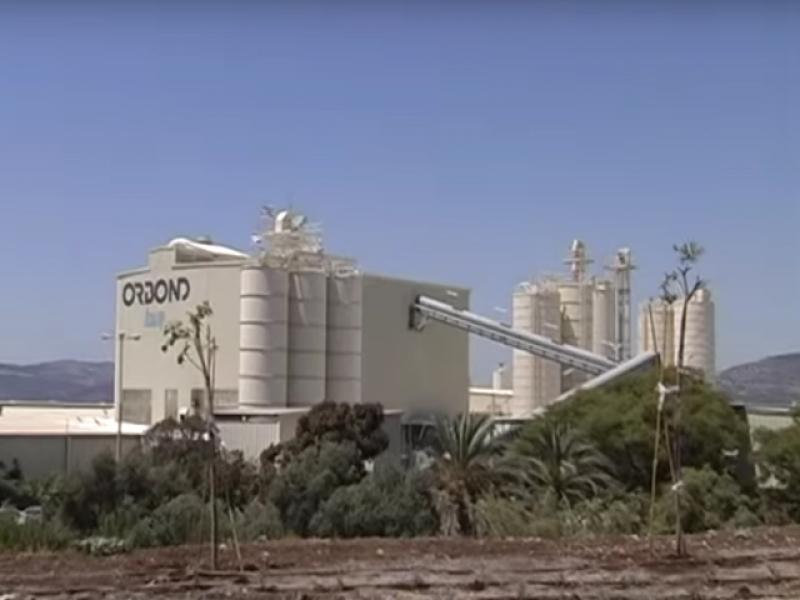
A survey conducted by the Manufacturers' Association shows that an alarming rate of Israeli factories has not undergone advanced production. Many factories throughout the country do not meet international standards of competitiveness and continue with traditional production processes that lead, among other things, to low productivity and the inability to cope with competition and changes at the global level.
The negative news is that nearly half of the industrialists surveyed said they did not invest in the transition to advanced production and do not intend to do so in the coming year.
The discourse on the transition of Israeli industry to advanced production, which is needed mainly in traditional industry. The huge gap of 25% between the level of fertility in Israel and the average productivity in the OECD countries should concern the government
The gaps between Israel and the developed countries are expressed mainly in traditional industries. The average gross value added per hour worked in manufacturing in the OECD countries is $ 56, while the average in Israeli manufacturing is only $ 40.5.
Rubi Ginnel, director-general of the Manufacturers' Association, said the government was late in recognizing the fourth industrial revolution. "The next government will have to understand that Israeli industry is the engine of economic growth, and therefore there is a need to significantly boost budgets to encourage investments, to assimilate components for advanced production, and to research and development."
Advanced production technologies include 3D printing, nanotechnology integration in products, advanced automation and Big Data analysis to streamline processes and use resources. 38% of the survey participants did not even know the issue of transition to advanced production, also called Industry 4.0 or the Fourth Industrial Revolution, which is supposed to lead to a significant increase in productivity.
About a quarter of the industrialists believe that the lack of knowledge and understanding regarding the Fourth Industrial Revolution is a major barrier facing Israeli industry. A similar rate of industrialists marked the lack of technological adaptability to their industrial activity as a barrier. 46% of the participants in the survey believe that government incentives will encourage acceleration of the transition to advanced production, and 25% of the participants in the survey are convinced that awareness and accessibility activities of knowledge will help advance the issue.
According to the Manufacturers Association, there is a large gap in the transition to advanced production between Israeli industries and industries in Europe and the US The main reason is Israel's belated response to the trend that has characterized the world's industries over the past decade, while Germany and other European countries are already preparing for the fourth industrial revolution at the beginning of the decade In Israel, activities on the subject began only during the last two years, mainly around the "Net Industry" government plan, which includes components that will make it easier for manufacturers to assimilate advanced production technologies.
In the high-tech industry, Israel has no problem, where the average gross value added per hour worked is estimated at $ 63.1 per hour, higher than in the OECD countries. The problem is that in the other industries it falls below the average. In the mixed high-tech industry, an average working hour is $ 39.7; In the traditional industry that is mixed with $ 32.4, while in the traditional industry the situation is much more difficult - $ 26.9.
The Manufacturers' Association, as well as the Ministry of Economics and Industry, view the transition to advanced production as a significant response to the problem of productivity in the economy. In addition to advanced production, they plan to provide additional solutions that can significantly reduce waste, reduce operating costs and more. The aim of these moves is to significantly improve the competitiveness of manufacturers vis-a-vis foreign markets.
Articles Archive
Top Categories
ABOUT IFI TODAY

Lorem ipsum dolor sit amet, consectetur adipisicing elit, sed do eiusmod tempor incididunt ut labore et dolore magna aliqua. Ut enim ad minim veniam, quis nostrud exercitation ullamco laboris nisi ut aliquip ex ea commodo consequat. Duis aute irure dolor in reprehenderit in voluptate velit esse cillum


Comments